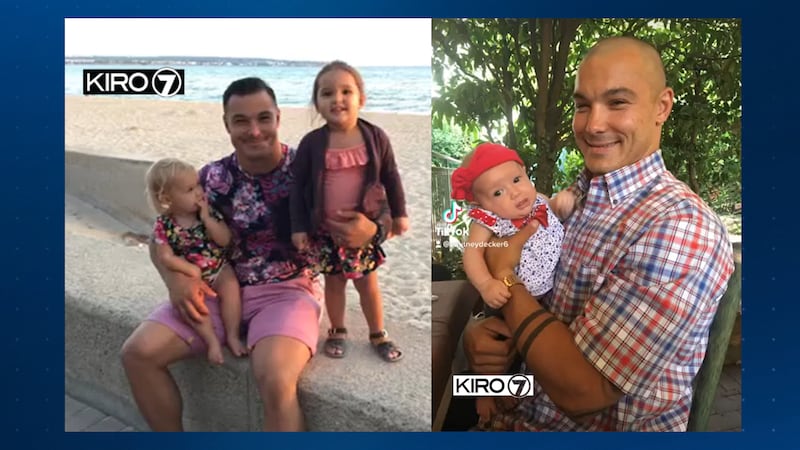Seattle has regained full control of its police department after a federal judge formally ended a 13-year consent decree that reshaped nearly every aspect of the city’s policing.
U.S. District Judge James Robart granted the City of Seattle’s motion Wednesday to terminate the decree, a decision the Justice Department also recognized in announcing the conclusion of United States v. City of Seattle.
The court’s action marks the end of federal oversight that began in 2012 following findings that the Seattle Police Department (SPD) engaged in a pattern of excessive force and unconstitutional practices.
Assistant Attorney General Harmeet K. Dhillon of the Justice Department’s Civil Rights Division said the ruling demonstrates lasting progress.
“We congratulate the Seattle Police Department on its achievement of sustained substantial compliance with this consent decree,” Dhillon said. “We are proud to stand by the men and women of the Seattle Police Department as federal oversight ends and the court returns full control of local law enforcement to the city.”
Acting U.S. Attorney Teal Luthy Miller for the Western District of Washington called the transformation an example for other cities.
“Multiple Police Chiefs, city leaders, community stakeholders, and U.S. Attorneys have supported that effort,” she said. “I commend the hard work that has led to the end of the consent decree.”
Long road to reform
The Justice Department launched its investigation into SPD in 2011 under the Violent Crime Control and Law Enforcement Act of 1994 and the Omnibus Crime Control and Safe Streets Act of 1968.
Federal oversight formally began with a consent decree in 2012.
Over time, SPD addressed requirements around use of force, crisis response, stops and detentions, and accountability.
In 2023, most provisions were terminated, leaving only a small set of obligations.
Wednesday’s ruling and dismissal of the lawsuit marked the final step.
Mayor Bruce Harrell described the moment as a turning point for Seattle.
“Over the past 13 years under the consent decree, the Seattle Police Department has undergone a comprehensive transformation, building one of the strongest accountability systems in the country and fundamentally changing how we approach policing,” Harrell said. “We believe that returning control of our police department to the people of Seattle is the most appropriate next step, as democratic policing works best when officers have the trust and confidence of their communities.”
The city said it invested more than $127 million into reforms during the decree.
Changes inside SPD
Officials said the department has made sweeping changes that include:
- Accountability: Uses of force, stops, arrests, and bias allegations are consistently documented, reviewed, and evaluated.
- Crisis response: Specialized officers work with mental health professionals to respond to individuals in crisis.
- Training: Officers now undergo expanded instruction in de-escalation, crisis intervention, and bias-free policing.
- Transparency: Body-worn cameras are standard, and public dashboards publish data on stops, force, and crime reports.
- Community engagement: SPD holds listening sessions with Seattle University and residents, along with annual public safety surveys.
- Oversight system: The Community Police Commission, Office of Police Accountability, and Office of Inspector General provide independent review.
Police Chief Shon Barnes said the work is not finished.
“While we embrace change and continue working towards becoming the best police department in the nation, we also understand that today’s ruling is just the beginning,” Barnes said. “With the community’s support, we look forward to engaging with all stakeholders as we work to cement change and innovation as bedrock principles of policing in Seattle.”
Chief Operating Officer Brian Maxey added that internal review systems now hold officers accountable daily.
“We are a much-improved department for going through this process,” he said. “The Consent Decree created internal systems of ‘critical review’ for our employees – they know what they are doing and are accountable.”
Looking ahead
Seattle officials emphasized that oversight will now continue through local institutions.
Inspector General Lisa Judge said her office is ready to provide “robust oversight of SPD and OPA, bolstered by strong partnerships.”
The city’s Office of Police Accountability and Community Police Commission also pledged to continue shaping public safety through community voices and accountability standards.
City Attorney Ann Davison, whose office filed the motion to end the decree, said the ruling is the start of a new chapter.
“The leadership, officers, and staff of Seattle Police are to be commended for the focus and hard work that went into making this happen,” Davison said.
This fall, SPD plans to launch the first of a six-part series of public forums across the city, aimed at giving residents and small businesses direct input on crime trends and safety priorities.
©2025 Cox Media Group





